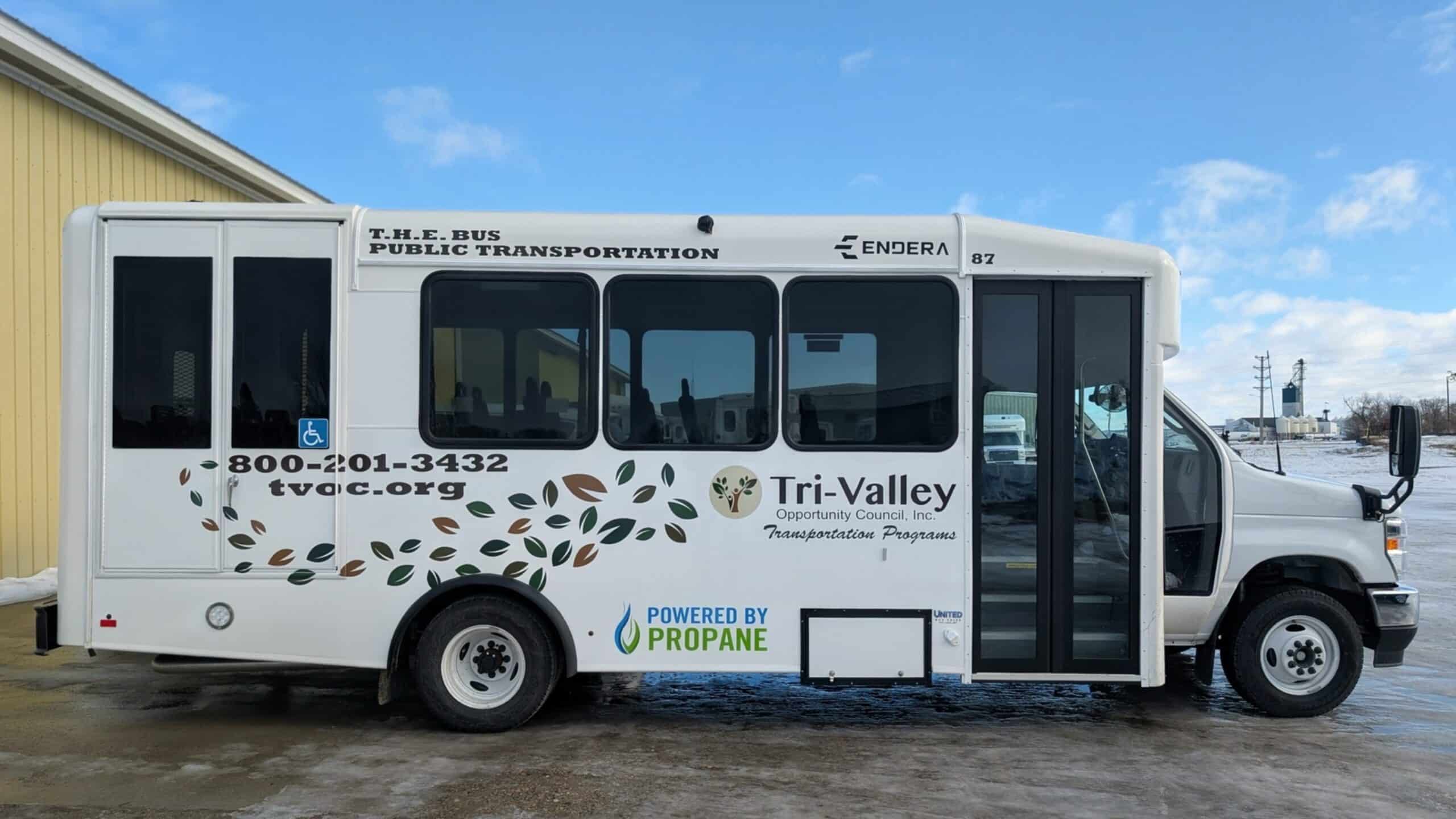The term “sleep like a baby” means to sleep very well. However, the term does not pertain to all babies. Some infants suffer from sleep apnea, just as many adults do. In the past, worried parents had to take their infants to South Dakota or the Twin Cities for infant sleep studies, until recently when RiverView Health began offering the unique service in Crookston.
“February 24, 2022, is a day I will never forget,” shared Dr. Arviety Setty, medical director of RiverView Health’s Sleep Lab, regarding the date of the first infant sleep study conducted at RiverView. “This lab is so helpful for the patients to minimize travel periods from North Dakota to Minneapolis.”
Dr. Setty is a pediatrician and sleep medicine specialist, certified by the American Board of Pediatrics and the American Board of Sleep Medicine. According to Setty, no facilities offer infant sleep studies in North Dakota. In Minnesota, studies are available at larger facilities in the Minneapolis and Rochester areas.
“Unfortunately, some babies need the same care for sleep apnea as adults,” he reported. “It’s very important to diagnose them to determine if they do or do not have sleep apnea.”
Before specialized staff training for infant studies, RiverView offered sleep studies to patients ages five and up. To prepare for infant studies, RiverView Sleep Lab Team members visited other sleep centers to learn how to provide extra support in handling small, fragile infants.
Smaller Baby, Larger Issues
Infant sleep apnea is a sleep-related breathing disorder. It involves reductions and pauses in breathing during an infant’s sleep. Partial reductions in breathing are called “hypopneas.” Complete pauses in breathing are called “apneas.” In infancy, the frequency of these events increases during REM sleep, a deep sleep.
According to the American Academy of Sleep Medicine (AASM), premature infants tend to have more REM sleep than full-term infants. As a result, premature infants tend to have more sleep-related breathing disorders and apneas. These breathing problems can cause severe complications. The infant may not have enough oxygen in the blood or develop a slow heartbeat. The infant even may lose consciousness and need to be resuscitated.
Not all irregular breathing is a concern. It’s common for some instability in an infant’s breathing. Even healthy infants may have brief apnea. A pause may be an isolated event. It also may occur after the child sighs or moves. The duration of these normal events is very short. They rarely last longer than 20 seconds.
Signs of Trouble
If your infant has sleep apnea, they may:
- Have prolonged pauses in breathing that last 20 seconds or longer
- Have patterns of repeated pauses in breathing that last less than 20 seconds
- Have related problems such as low oxygen or a slow heartbeat
- Have needed resuscitation or other urgent care
Small, pre-term infants are most likely to have infant sleep apnea. The first month after birth, sleep apnea occurs in 84 percent of infants who weigh less than 2.2 pounds. The risk decreases to 25 percent for infants who weigh less than 5.5 pounds. It is rare in full-term newborns.
In pre-term infants, infant sleep apnea tends to appear between the second and seventh day of life. Its presence at birth is usually a sign of another illness.
A variety of medical conditions can cause infant sleep apnea or worsen it. These problems include:
- Acid reflux
- Anemia
- Anesthesia
- Drugs
- Infection
- Lung disease
- Metabolic disorders
- Neurological problems
- Seizures
- Small upper airway
A small percentage of children who die from sudden infant death syndrome (SIDS) have apnea symptoms prior to death. But infant sleep apnea has not been established as a risk factor for SIDS.
Study, Treatment
A sleep study, called polysomnography, done at RiverView’s accredited sleep lab, charts the infant’s brain waves, heartbeat, and breathing during sleep. It also records arm and leg movements. The sleep study reveals the nature and severity of the infant’s breathing problem. With the study results, Dr. Setty can develop an individualized treatment plan for the child.
Treatment may include medication, oxygen supplementation, or the need for a machine to provide breathing support.
Infant sleep apnea tends to go away as the child grows and matures. Ninety-eight percent of pre-term infants will be free of symptoms by 40 weeks after conception, according to AASM. The problem is more likely to persist longer in infants born less than 28 weeks after conception.
Any medical condition that causes infant sleep apnea or makes it worse also needs to be treated. Surgery to correct airway abnormalities may be necessary in some cases.
Long-term complications are rare for most children with infant sleep apnea. Problems are more likely for infants who need frequent resuscitation. Health problems also are more common if the infant’s sleep apnea is related to another severe medical condition.
“I applaud and commend the RiverView staff for handling the first infant sleep study so well with both the infant and the parents, as well as the excellent data collection and scoring,” Dr. Setty stated. “I also thank RiverView leadership and Crystal Maruska (Rehab Services director) for the support and willingness to do anything it takes to grow further.”
For more information on infant sleep studies offered at RiverView Health, talk to your child’s primary care provider or call Rehab Services at 281.9463.




